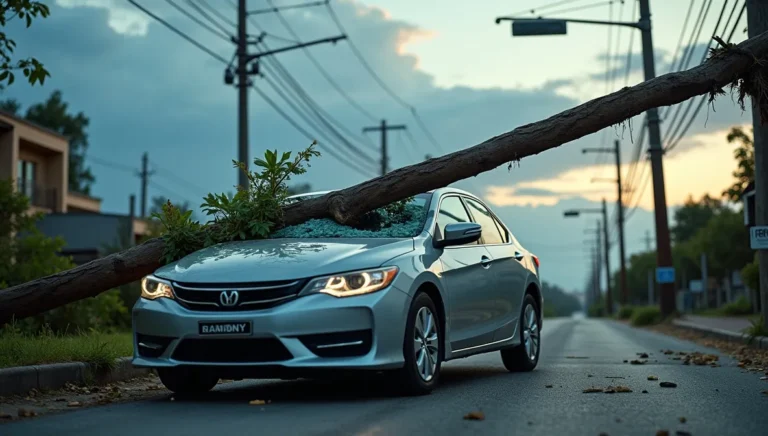Can You Use Car Insurance For Rental Car?
When renting a car, one of the most pressing questions is whether your existing car insurance will cover you in case of an accident or damage.
This blog post explores the nuances of using personal auto insurance for rental cars, the types of coverage available, and what to consider before making a decision.
Does Your Personal Auto Insurance Cover Rental Cars?
In many cases, your personal auto insurance policy does extend to rental vehicles.
This means that if you have comprehensive and collision coverage on your own car, you are likely covered when renting a vehicle.
However, there are several factors to consider:
- Type of Coverage: Liability, collision, and comprehensive coverages typically apply to rental cars under most personal auto policies. If your policy includes these coverages, you may not need to purchase additional insurance from the rental company.
- Purpose of Use: The purpose for which you are renting the car can affect coverage. For instance, if your personal auto insurance does not cover business use and you rent a car for work purposes, you may not be covered.
- Check with Your Insurer: It is advisable to contact your insurance agent before renting a car to clarify what is covered under your policy. This can help prevent any surprises at the rental counter.

Types of Coverage Offered by Rental Companies
Rental car companies typically provide several types of insurance options that you can purchase at the time of rental:
- Collision Damage Waiver (CDW): This waives your financial responsibility for damages to the rental vehicle in case of an accident or theft. While your personal insurance might cover this, some high-end vehicles may require additional coverage.
- Liability Insurance: This covers damages to other vehicles or property if you are at fault in an accident. If your personal auto policy has sufficient liability coverage, you might not need to buy this from the rental agency.
- Personal Accident Insurance (PAI): This provides coverage for medical expenses resulting from an accident involving the rental car. It is optional but can be beneficial if you do not have health insurance.
- Personal Effects Coverage (PEC): This protects personal belongings in the rental vehicle against theft or damage. If you have homeowners or renters insurance, this may already be covered.
When Should You Consider Additional Coverage?
While many people find their existing auto insurance sufficient for rental cars, there are scenarios where purchasing additional coverage makes sense:
- Traveling Internationally: If you’re renting a car abroad, your domestic policy may not provide coverage. It’s crucial to check the terms of your policy and consider additional insurance from the rental company.
- High-End Vehicles: Renting luxury or high-performance cars often requires additional coverage due to their higher value and repair costs.
- Credit Card Benefits: Some credit cards offer rental car insurance as a perk when you use them to pay for rentals. Check with your credit card issuer for details on what is covered and any limitations that may apply.
Conclusion
Using your existing car insurance for a rental car can save you money and provide adequate protection in many situations.
However, it is essential to understand the specifics of your policy and consider factors like the purpose of use and the type of vehicle rented.
Always verify with both your insurer and the rental company to ensure that you have the necessary coverage before hitting the road.By being informed about your options, you can make better decisions regarding rental car insurance and enjoy peace of mind during your travels.






